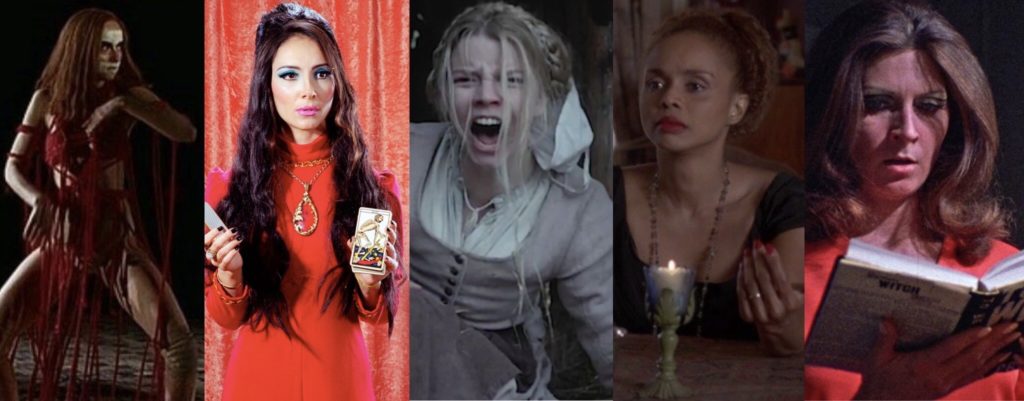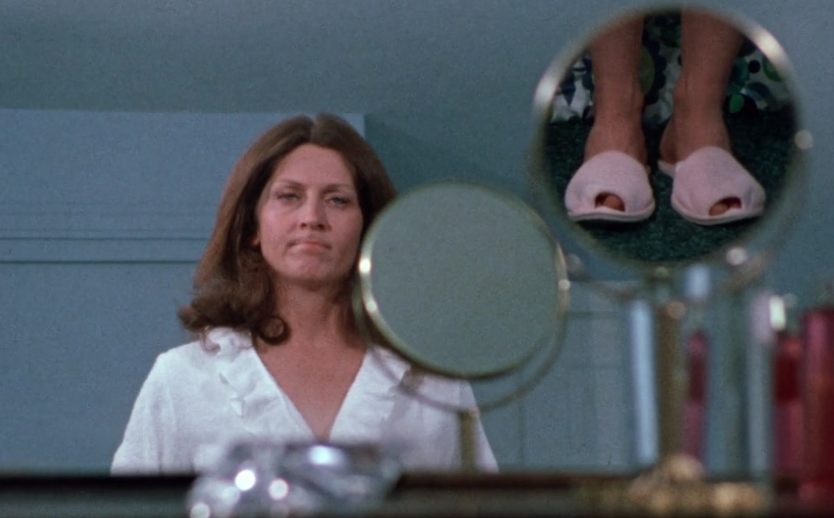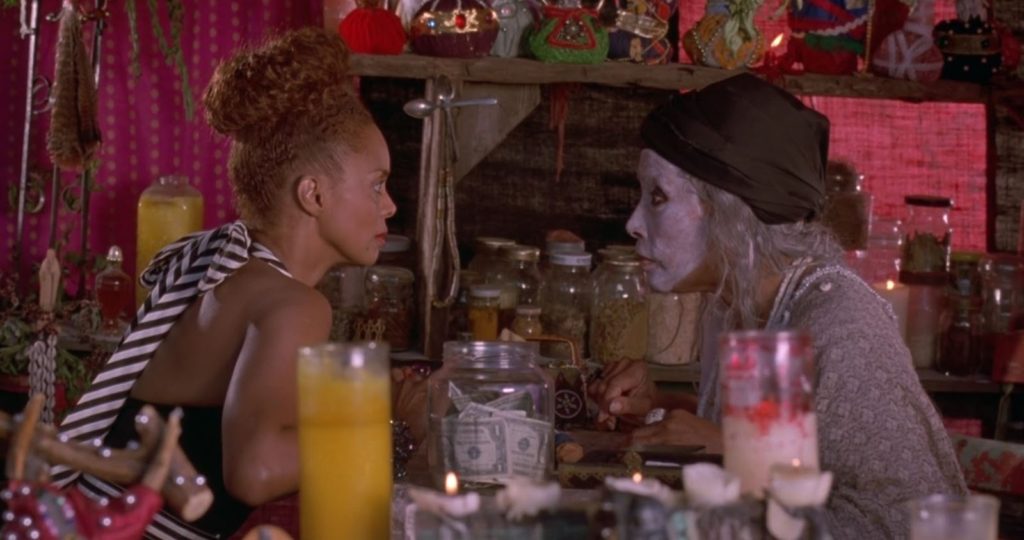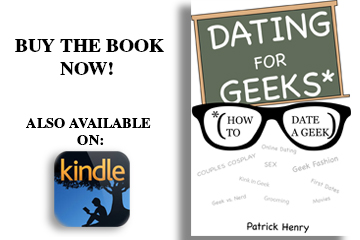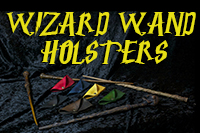5 Female-Empowering Witch Movies to watch this Halloween
I spent most of my life avoiding horror films. Partly because they seemed too scary, and partly because I had heard that the whole genre was misogynistic. When I finally ventured into horror cinema, I discovered that there are indeed many movies that objectify and dispose of its female characters. There are also a hell of a lot of empowered “Final Girls” who come out on top.
In fact, a recent study found that horror is the only film genre in which women have as much screen time and speaking time as men. When I watch horror films now, I like pieces that feature female protagonists. I’ve seen masterpieces like Silence of the Lambs, and B-Movies like Hello Mary Lou: Prom Night II.
Not all female-led films are exactly feminist.
There is one archetype though that consistently presents an empowered vision of femininity – the witch. Whether they’re cast as heroes in films such as Practical Magic, or villains in stories like Hocus Pocus, they are almost always free-thinking women who operate on their own terms.
It’s an encouraging role to see any woman in.
Light a few candles, sprinkle some mugwort and cuddle up on the couch, because here are 5 Witchy Movies you should watch this Halloween:
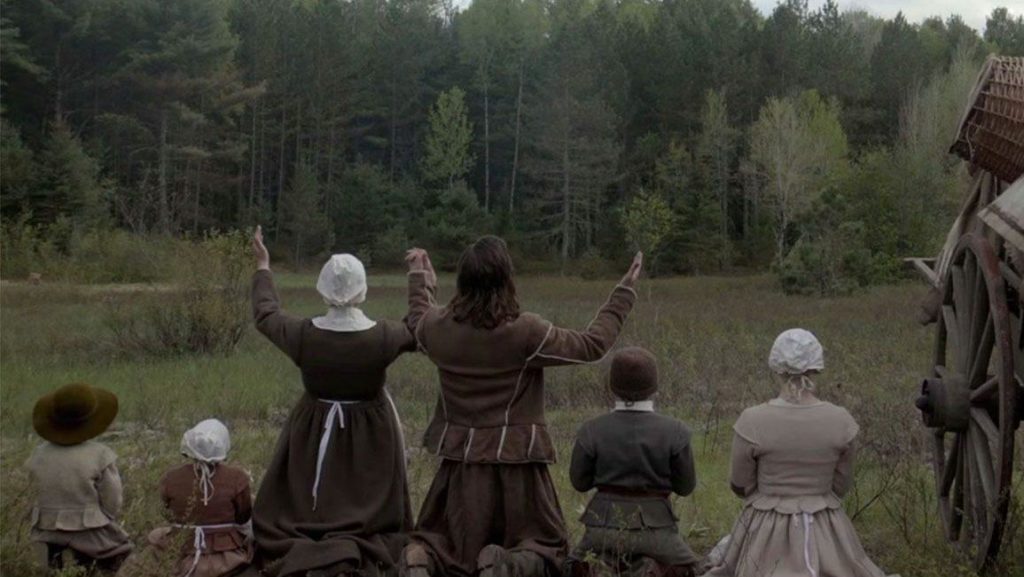
The Witch:
In this 2015 horror film by Robert Eggers, a teenage girl’s faith is tested when puritanical superstition turns her family against her and pushes her to embrace a new ideology. If you’ve seen The Crucible, then you’ve seen a witch hunt violently scour a community for guilty parties. The Witch delivers an unsettlingly intimate version of this by confining the witch hunt to one family’s household. This film is not for everyone, with its historical setting and period-accurate dialect, but the dark, driving themes are timeless and universal. The Witch warns of the dangers of inflexible religious devotion, and illustrates society’s fear of female sexuality. Though the witches in this film seemingly answer to a male power in the Devil, they are completely free of societal constraints and enjoy many delicious indulgences that the dutiful puritan women of the time did not. The Witch is a striking tonal narrative, but may simply be about how religious fervor can be so constricting and destructive that it causes young people to abandon it all together in search of something more practical.

Suspiria (2018):
Though touted as a remake of the 1977 cult classic, the 2018 version directed by Luca Guadagnino is much more of a spiritual homage. Suspiria shows us a young woman who moves to a politically divided Berlin to train at a famous dance academy that is secretly run by a coven of witches. In Suspiria, tension builds between the school’s female pupils and faculty, set against the soundtrack men rioting in the streets. The drama that permeates the school may not involve guns and bombs, but it is no less violent. Some of the themes are muddled, and film runs a little long, but it is brimming with talented actresses and empowered female characters. In fact, the film is so devoted to utilizing powerful female energy, that the film’s only major male character is played to great effect by Tilda Swinton. Suspiria explores motherhood, loyalty, and that women, while as capable of violence as men, also possess the ability to ease each other’s loneliness and pain. If the thematic elements don’t interest you, this one is still worth a watch for its visuals and 70’s arthouse horror vibes.
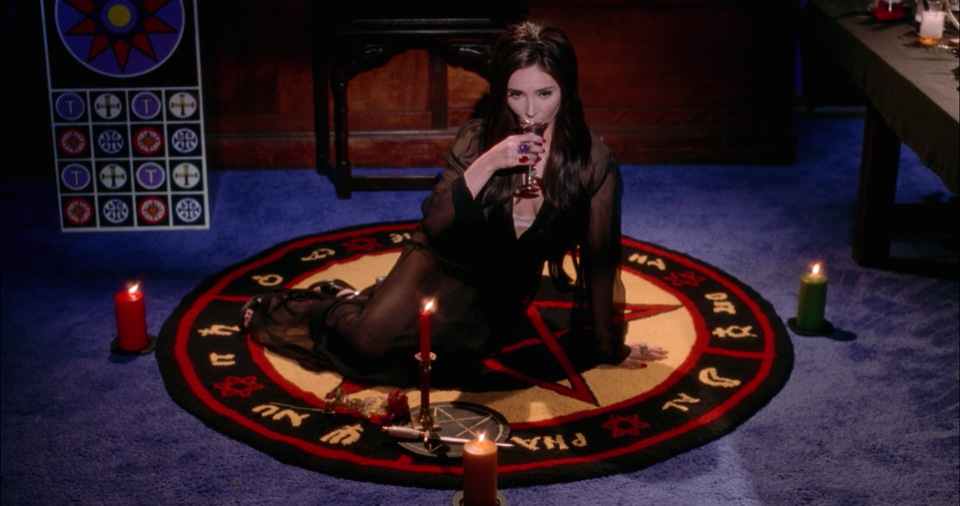
The Love Witch:
The Love Witch is an incredibly unique film about love and gender dynamics that features some pretty accurate depictions of modern witchcraft. It was produced around 2016, but the aesthetic is crafted with meticulous detail to look like a 1960’s Technicolor film. It follows a young witch named Elaine who moves to a new town and uses witchcraft to find love. She’s a stunning woman, and it’s not hard for her to find interested men. Elaine’s struggle is that she heavily relies on magic to manipulate her lovers. Assuming magical control over someone might conjure passion, but it’s no recipe for actual love. Elaine holds influence over men, but she crumbles instantly at the wrath of a woman she wrongs – which may be an indicator that her “power” as a witch may run no deeper than her sexual appeal. Perhaps the oddest thing about the film is its vague setting. It truly looks like it’s set in the 1960’s, until there is a scene where a character exits a modern-looking vehicle while holding a cell phone. Perhaps it was the director’s way of reminding the audience that the film is a modern production and not a 60’s film, lest you take the painstaking period-accurate sets for granted. The Love Witch delves into some very interesting modern witch ideology, and is an absolute visual pleasure, believe me when I say: you’ve never seen anything like this before.
Season of the Witch:
Written and directed by George Romero in 1972, Season of the Witch is the story of Joan Mitchell, a neglected housewife who turns to the occult for escape and fulfillment.
The film was largely unappreciated by audiences at the time of its release. Apparently, in an attempt to find an audience for this film, it was once retitled as Hungry Wives and marketed as racy softcore porn. While obviously not George Romero’s most enduring horror work, I think this film deserves praise for what it accomplishes. It tracks Joan’s believable transformation from pitiful homemaker to self-assured witch, and sheds light on the stifling domestic monotony many women were expected to enjoy at the time.
This film’s vague nature is fascinating to me, but I can see it being maddening for some. What’s actually happening to Joan is never explained, and the viewer must decide for themselves whether she is falling prey to magical darkness or suffering from mental illness.
Is Joan’s spell work actually affecting the world around her? Or is she getting what she wants through the power of positive thinking?
Like 2015’s The Witch, this film touches upon the idea that women have a breaking point, and if you poke and prod and expect them to take it, they may just abandon societal rules and strike back at you.
Eve’s Bayou:
This 1997 Southern Gothic drama may be the least “witchy” film mentioned here, but it definitely features strong-willed female characters and supernatural elements. In Eve’s Bayou, young Eve Batiste sees her idyllic family torn apart by her father’s infidelities. She initially rejects her family’s superstitions, but ends up dabbling with voodoo once she feels her loved ones have been hurt. The preternatural abilities possessed in this film take a backseat to the family drama, but there is an interesting voodoo swamp witch, as well as a character with psychic visions. The feminine themes touched on in Eve’s Bayou skewer the ideas that a woman content to be single is probably suffering from mental illness, and that privileged wives should put on a brave face in the face of infidelity, for the sake of the family.
Premonitions. Should you let the fear of possible tragedy keep you locked up at home or is death and harm inevitable? Like Season of the Witch, there are some ambiguous events, leaving the viewer wondering if the driving force is magic or subconscious desire.
Eve’s Bayou is a wonderful, fairytale-like drama set amongst the beauty and harshness of the southern swamps, it is a real treat with a witchy twist.

